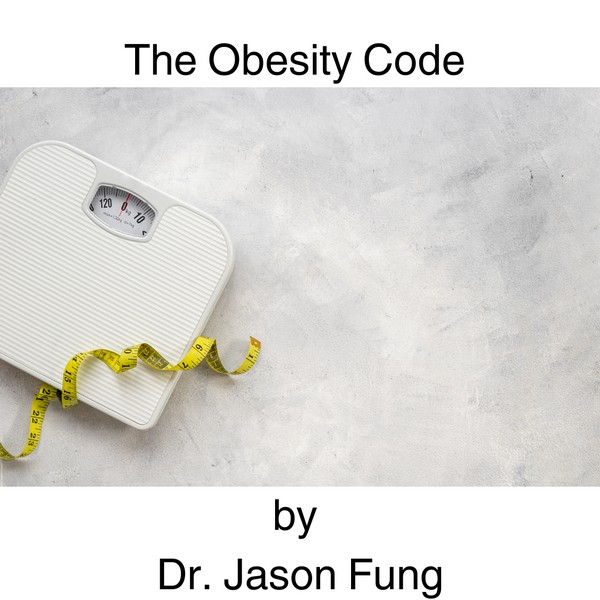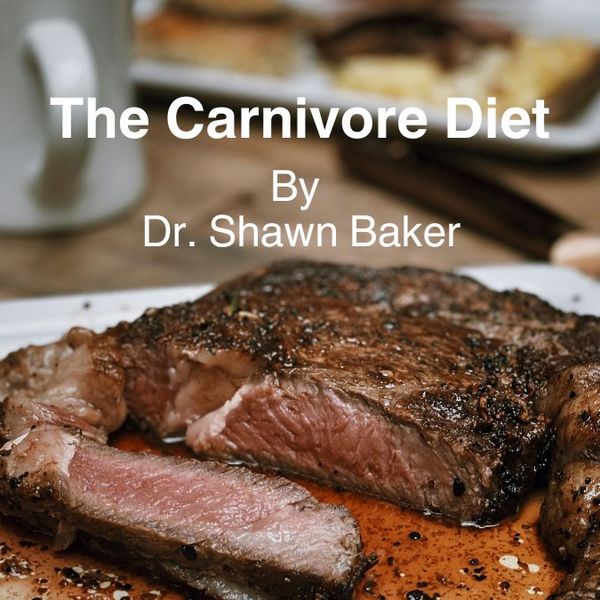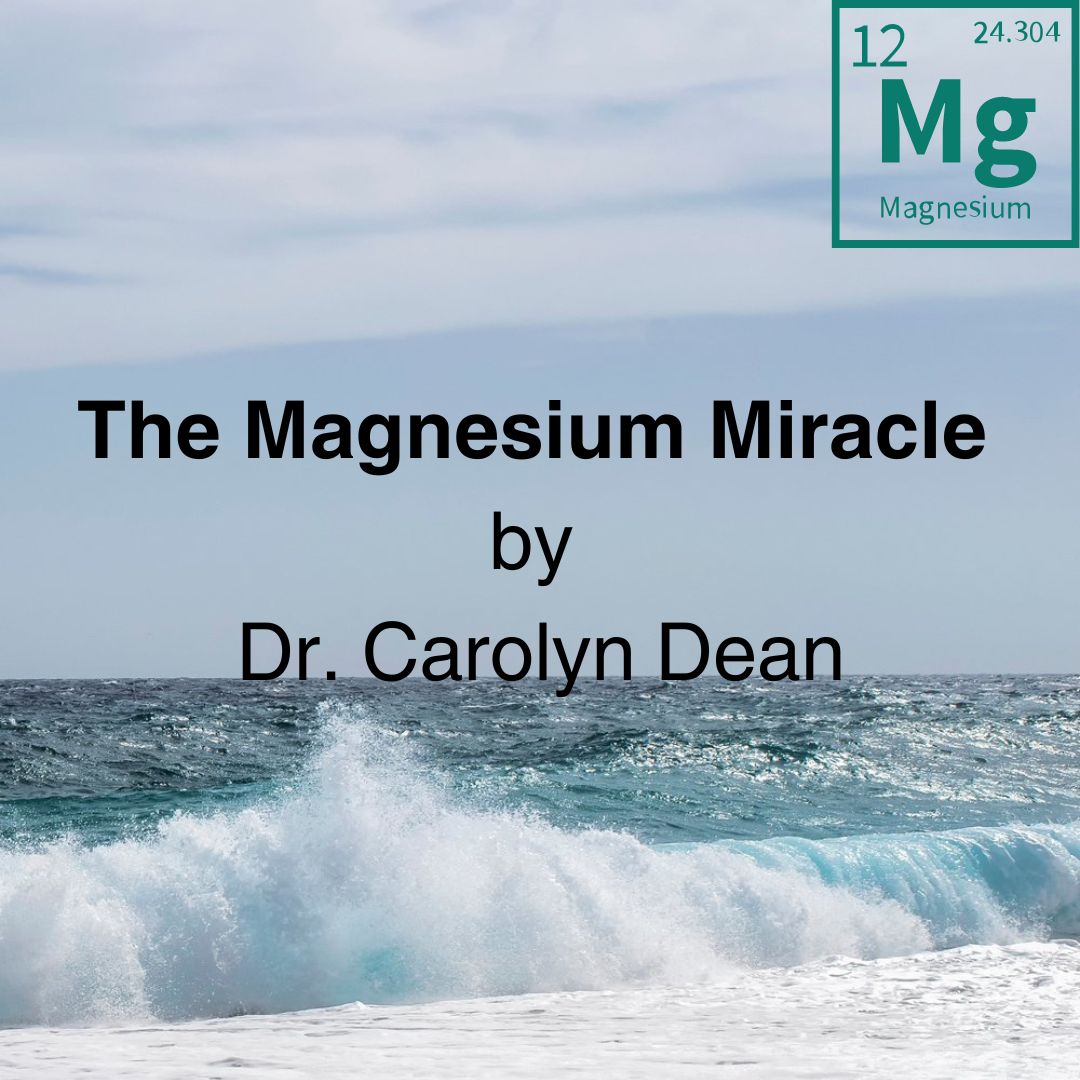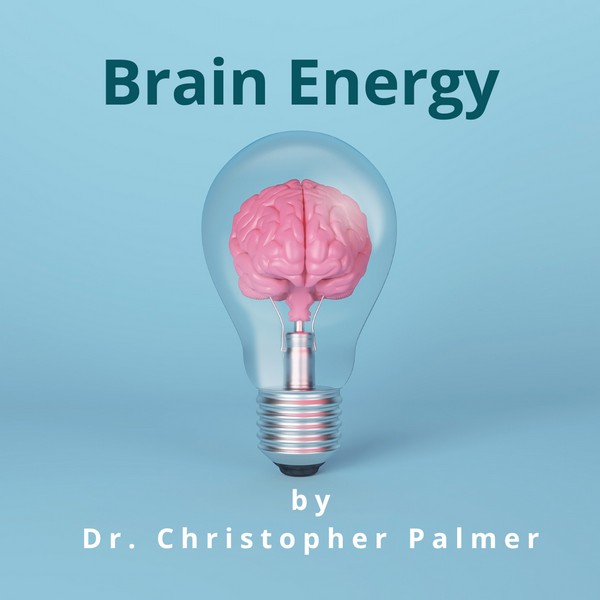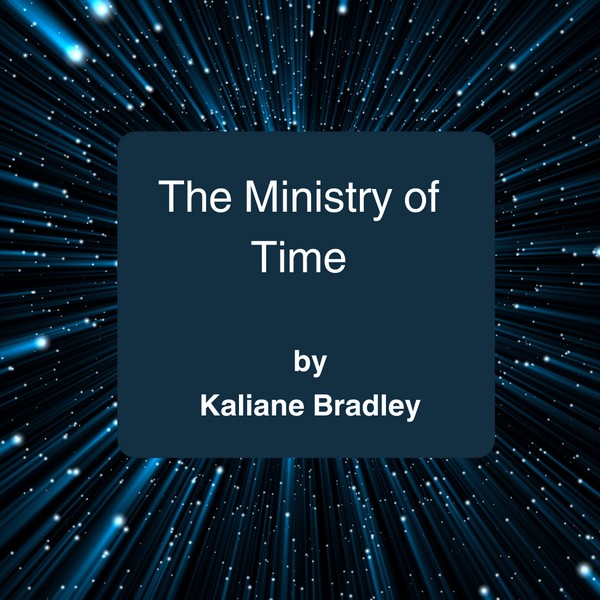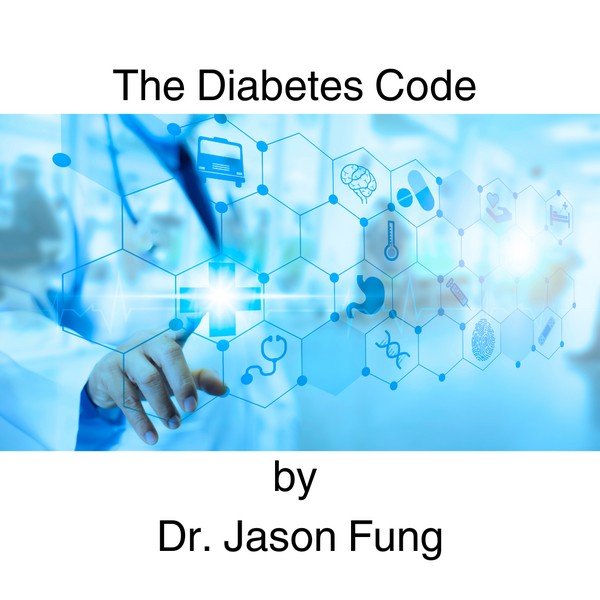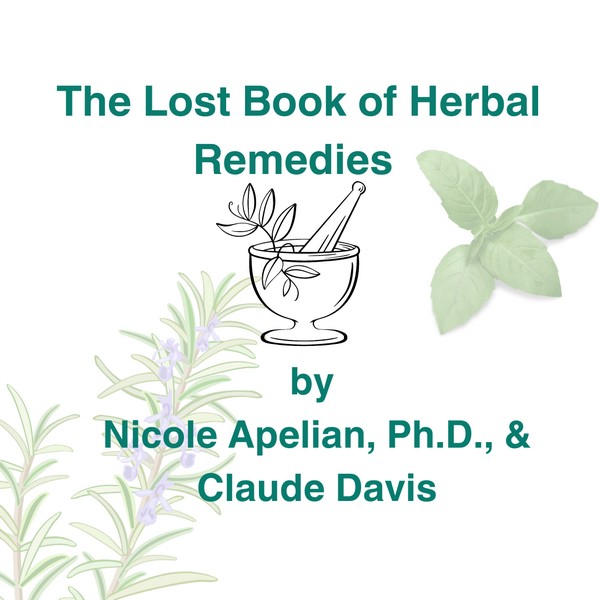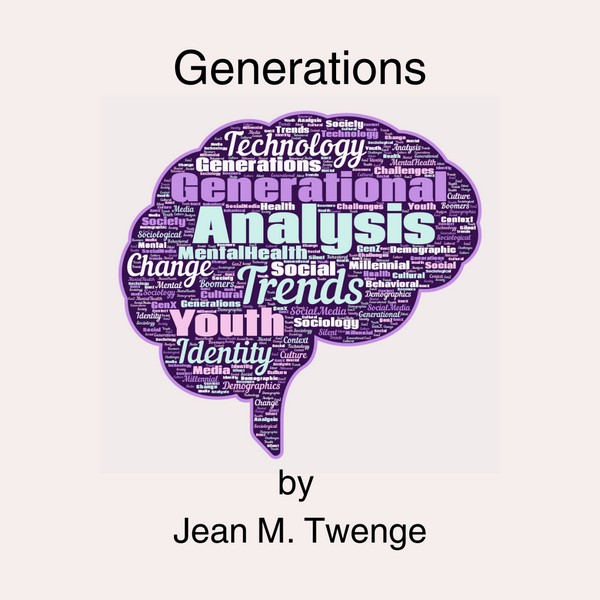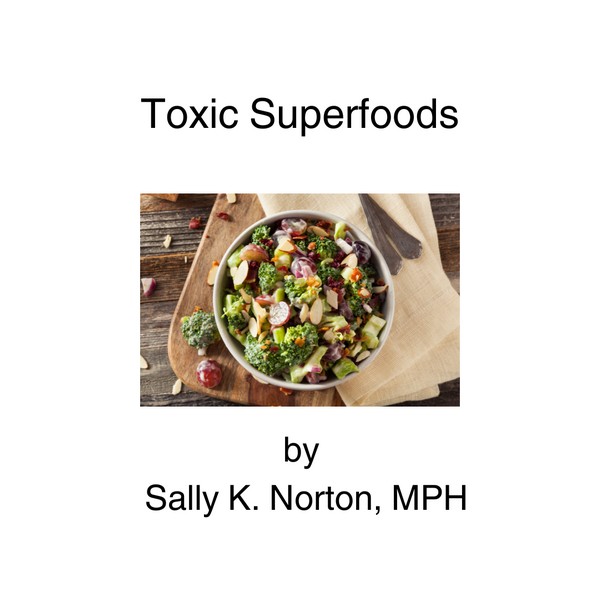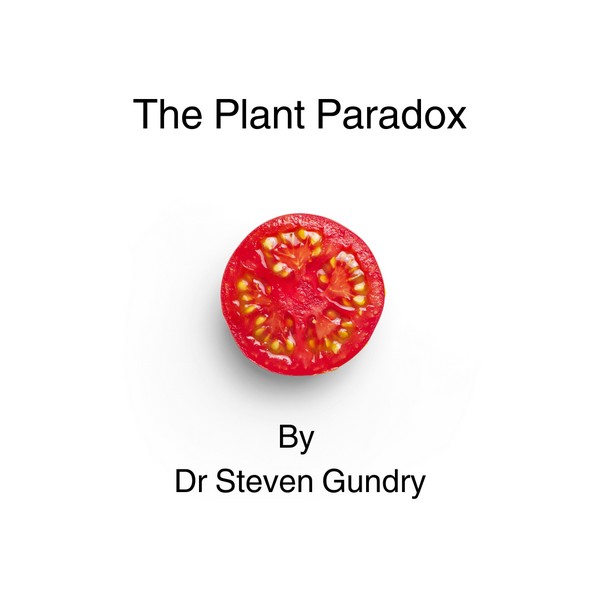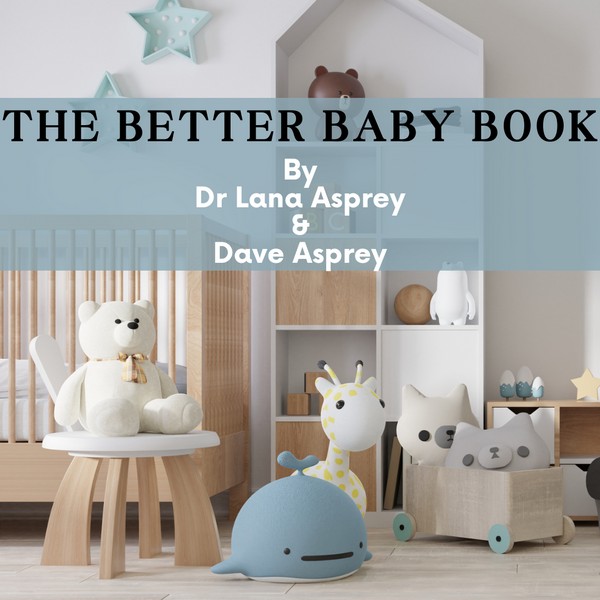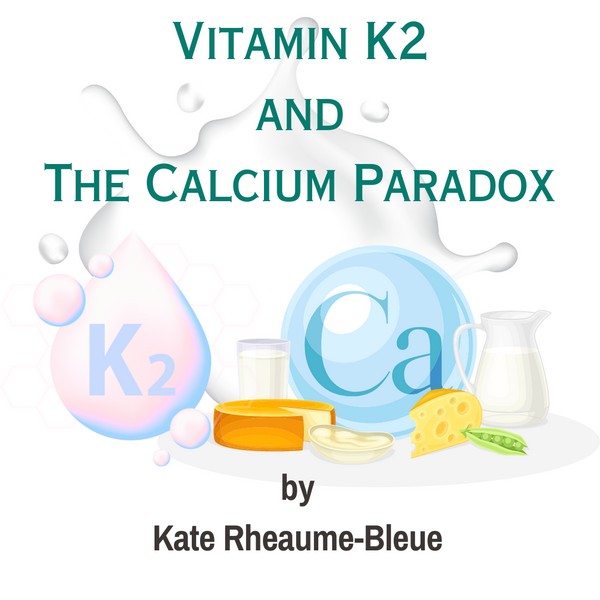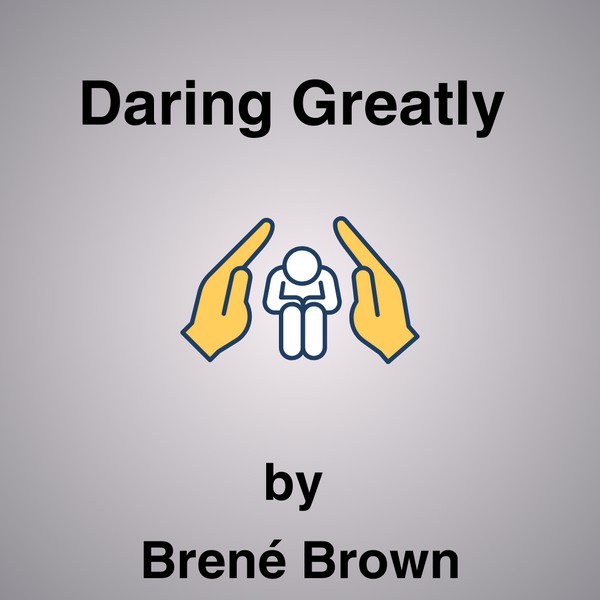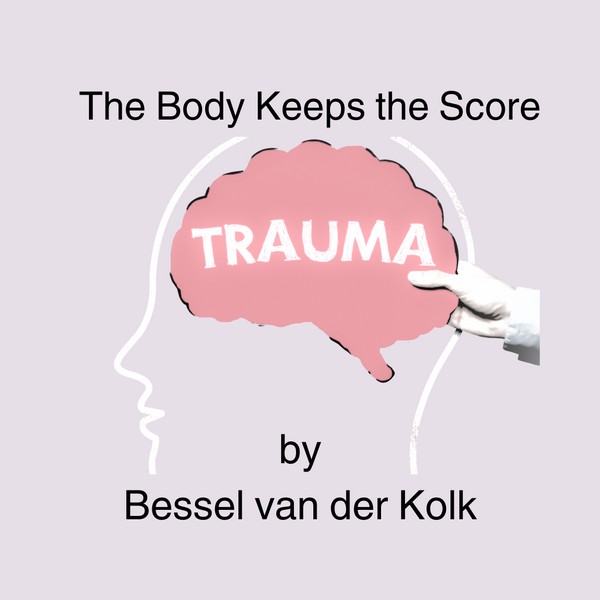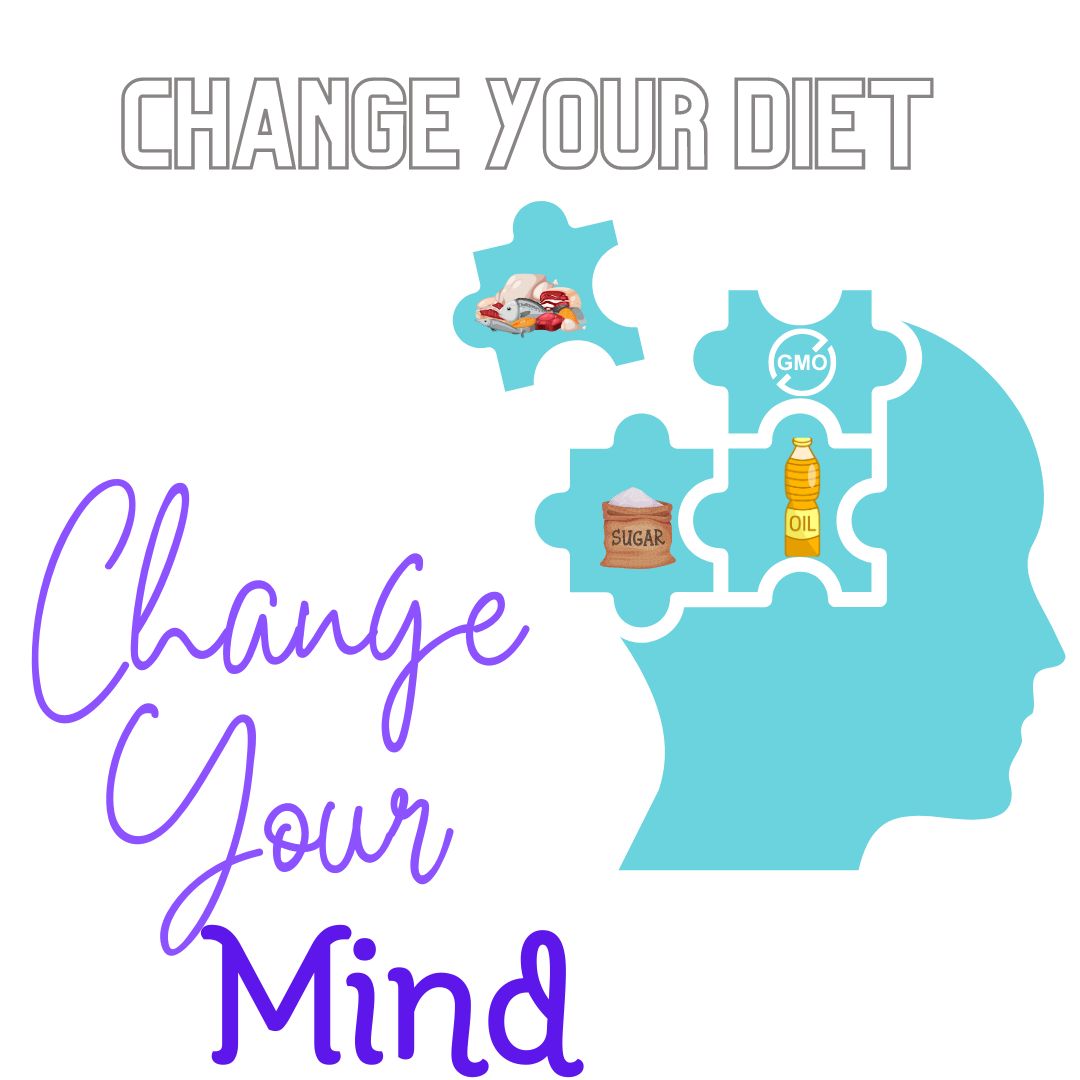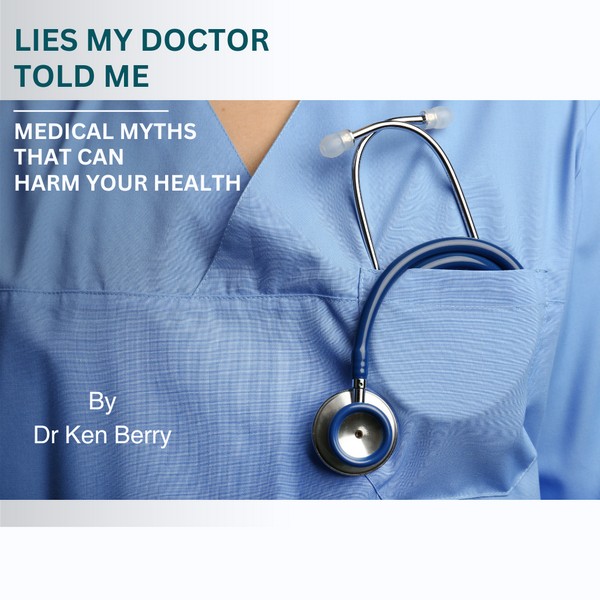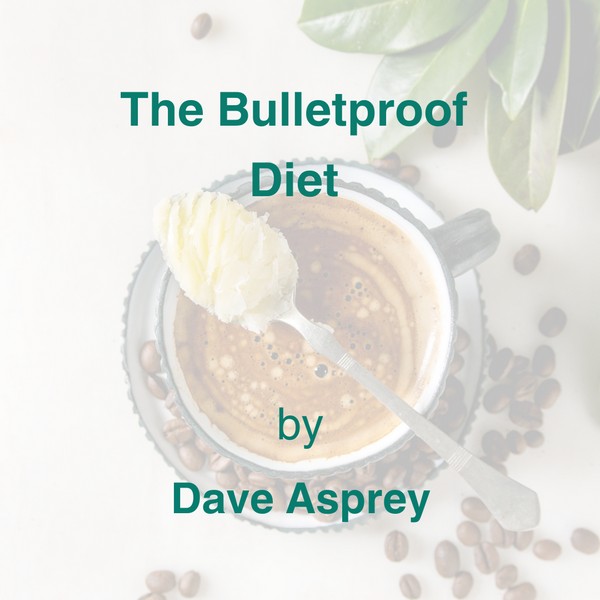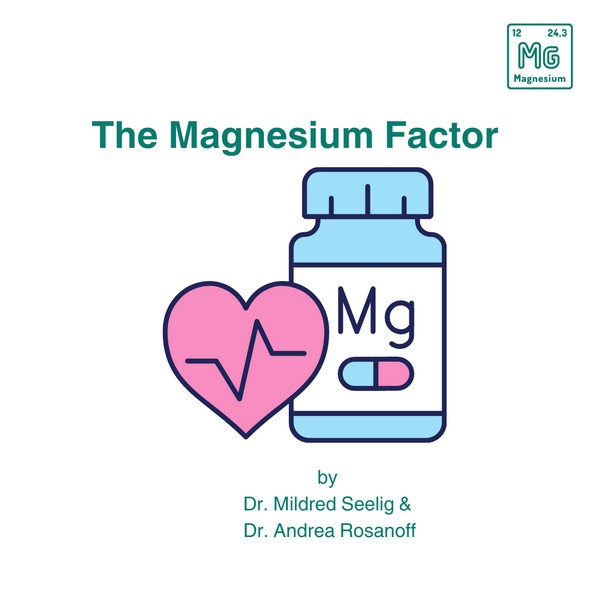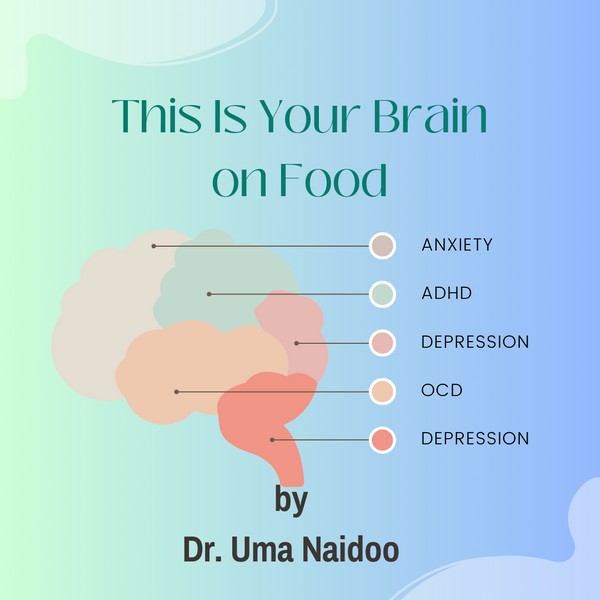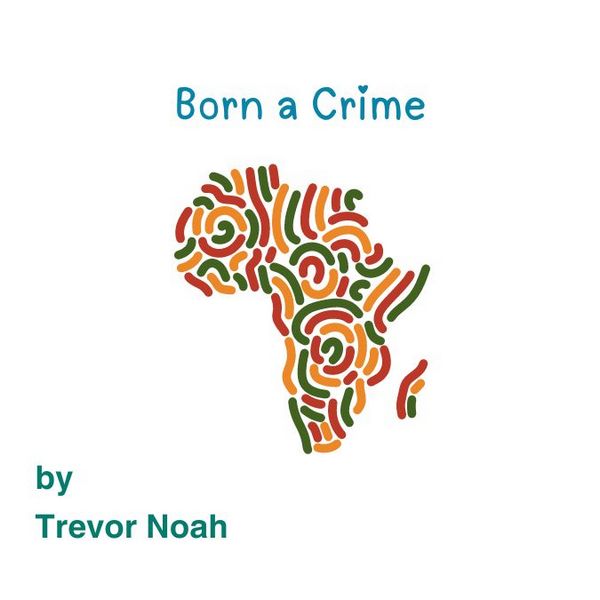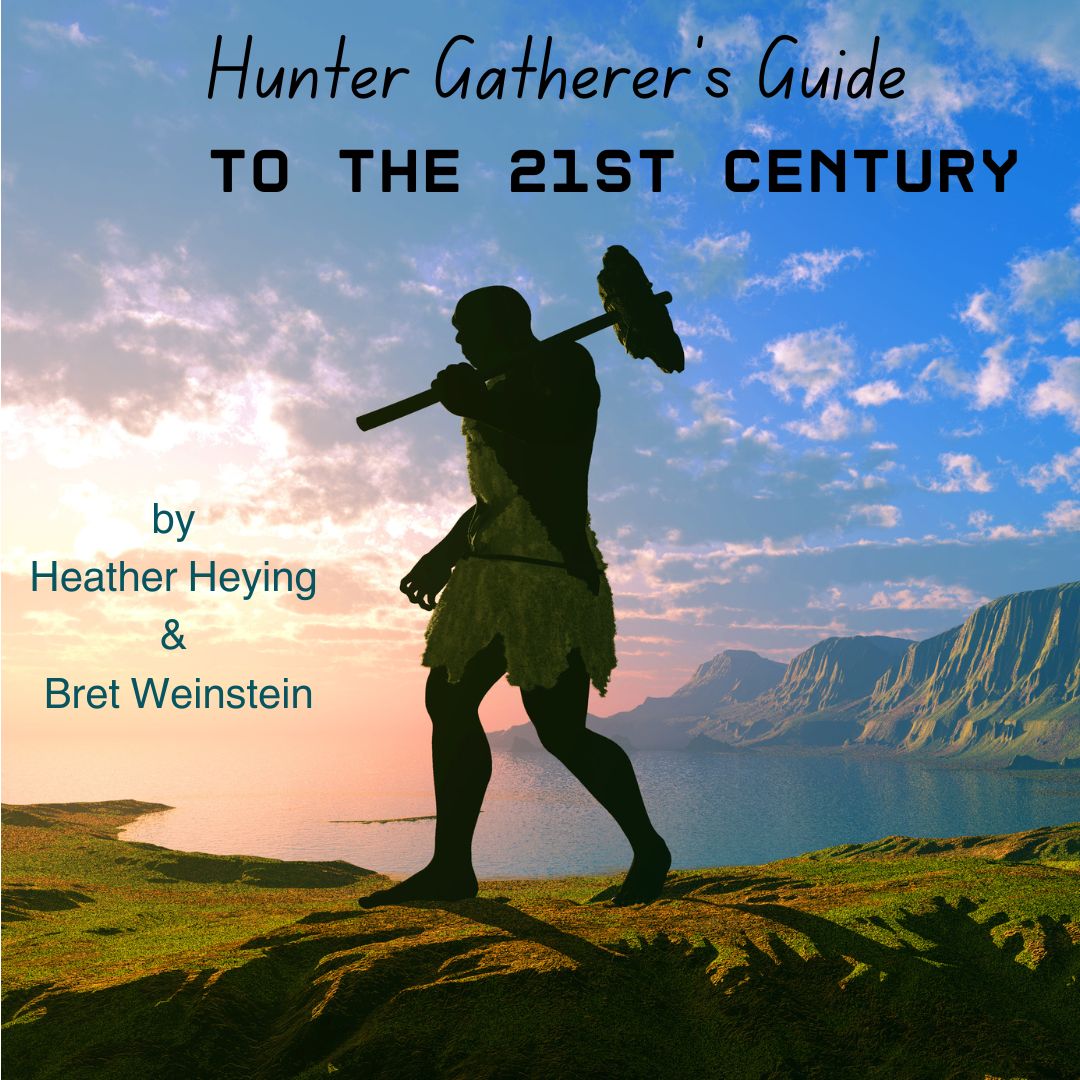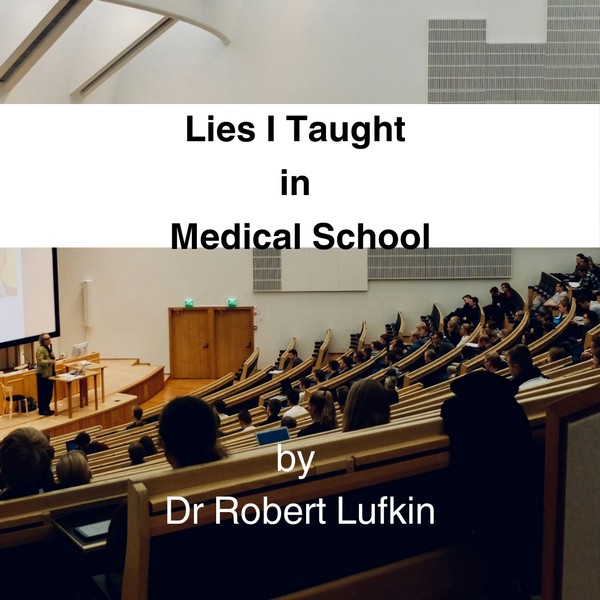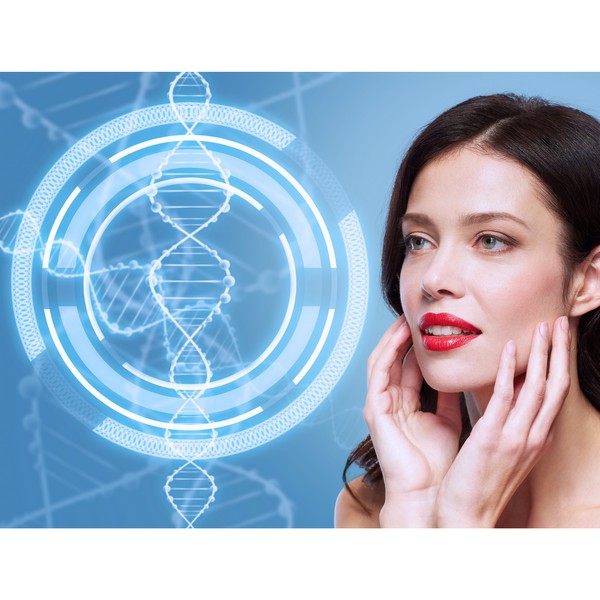Key Takeaways
- Traditional diets positively influence genetic expression and overall health.
- Modern diets high in processed foods and vegetable oils negatively impact health.
- The Four Pillars of World Cuisine offer a practical framework for healthy eating.
- Epigenetics highlights the importance of diet in shaping genetic health.
- Returning to ancestral eating practices can benefit future generations.
Introduction
“Deep Nutrition: Why Your Genes Need Traditional Food” by Catherine Shanahan, M.D., explores the connection between traditional diets and genetic health.
Dr. Shanahan, a physician and biochemist, delves into how the foods we eat impact our genetic expression, overall health, and longevity.
She presents a compelling case for returning to the dietary practices of our ancestors to improve modern health outcomes.
Summary of the Book
In “Deep Nutrition,” Dr. Shanahan outlines the concept of epigenetics, emphasizing how diet influences genetic expression. The book is divided into several sections:
- The Science of Nutrition: Explains the role of nutrition in genetic health and how traditional diets support optimal genetic function.
- The Four Pillars of World Cuisine: Highlights four key elements common to traditional diets worldwide: fresh food, fermented and sprouted foods, meat cooked on the bone, and organ meats.
- The Detriments of Modern Diets: Discusses the negative impact of processed foods, sugar, and vegetable oils on health and genetic expression.
- Practical Applications: Provides guidance on how to incorporate traditional foods into modern diets, including recipes and meal planning tips.
Critical Analysis
The official list of good and bad oils
— Ryan Dreyer 🪓 (@theryandreyer) November 17, 2021
From Deep Nutrition by Catherine Shanahan
“Nature doesn’t make bad fats, factories do”🤯 pic.twitter.com/XFuDjfoJPk
“Deep Nutrition” is a well-researched and thought-provoking book that challenges conventional dietary wisdom. Dr. Shanahan’s background in biochemistry and clinical medicine lends credibility to her arguments.
She effectively uses scientific studies and historical data to support her claims about traditional diets and genetic health.
Strengths:
- Comprehensive research and scientific backing.
- Clear explanation of complex concepts like epigenetics.
- Practical advice and actionable steps for readers to improve their diets.
Weaknesses:
- Some readers may find the book dense and technical.
- The emphasis on traditional diets may not consider individual dietary needs and preferences.
Personal Reflection and Emotional Impact
Reading “Deep Nutrition” is an eye-opening experience. Dr. Shanahan’s insights into the connection between diet and genetics are both fascinating and alarming.
The book inspires a reevaluation of dietary choices and a newfound appreciation for the wisdom of traditional eating practices. It is particularly moving to learn how modern dietary habits might negatively impact future generations.
Comparison with Other Works
Compared to other nutrition books, such as “The China Study” by T. Colin Campbell or “In Defense of Food” by Michael Pollan, “Deep Nutrition” stands out for its focus on genetic expression and the scientific underpinnings of traditional diets.
While Campbell and Pollan emphasize plant-based and whole-food diets, respectively, Shanahan provides a unique perspective on the benefits of animal-based traditional foods.
About the Author

Catherine Shanahan, M.D., is a family physician and biochemist with a background in genetic research. She has worked with various professional sports teams to improve athletic performance through diet and has been a vocal advocate for the health benefits of traditional foods.
Her work combines clinical experience with deep scientific knowledge, making her a trusted authority in the field of nutrition.
By examining traditional diets through the lens of modern science, Dr. Shanahan provides a compelling rationale for embracing ancestral eating practices.
For those looking to improve their health and genetic potential, “Deep Nutrition” is an essential read.
Pick up your copy at Amazon
Conclusion
“Deep Nutrition: Why Your Genes Need Traditional Food” by Catherine Shanahan, M.D., is a compelling and informative read that challenges modern dietary norms. It provides a well-rounded understanding of how traditional diets can enhance genetic health and improve overall well-being. This book is a valuable resource for anyone interested in the intersection of nutrition, genetics, and health.
FAQs
What are the Four Pillars of World Cuisine?
The Four Pillars are fresh food, fermented and sprouted foods, meat cooked on the bone, and organ meats. These elements are common to traditional diets worldwide and support optimal health.
How does epigenetics relate to diet?
Epigenetics studies how lifestyle factors, including diet, influence gene expression. The foods we eat can activate or deactivate certain genes, impacting our health and the health of future generations.
What are some practical ways to add traditional foods to my diet?
Start by prioritizing fresh, whole foods over processed options. Include fermented foods like yogurt and sauerkraut, consume bone broths, and try incorporating organ meats into your meals.
Are processed foods harmful to genetic health?
Processed foods often contain harmful additives, high levels of sugar, and unhealthy fats, which can disrupt normal genetic expression and lead to chronic diseases.
Is “Deep Nutrition” suitable for all dietary preferences?
While the book advocates for traditional foods, some dietary recommendations may not align with vegetarian or vegan preferences. However, the principles of fresh, whole foods and avoiding processed items are universally applicable.
The Obesity Code by Dr. Jason Fung
Key Takeaways Analyzes obesity through hormonal lens. Critiques calorie-in, calorie-out model. Advocates managing insulin to lose weight. Discusses impact of cortisol and stress. Recommends timed…
The Carnivore Diet by Dr. Shawn Baker
Key Takeaways Promotes all-meat diet for health. Argues for benefits on inflammation and autoimmune issues. Critiques conventional dietary guidelines. Discusses impacts on physical performance. Challenges…
Don’t Believe Everything You Think by Joseph Nguyen
Key Takeaways Challenges the validity of common cognitive distortions, prompting critical self-reflection. Offers practical strategies to build and enhance mental resilience in daily life. Encourages…
The Magnesium Miracle by Dr. Carolyn Dean
Key Takeaways Discusses magnesium’s critical role in health. Links magnesium deficiency to numerous diseases. Offers guidance on supplementation and diet. Examines overlooked symptoms of deficiency….
Gardening at Longmeadow by Monty Don
Key Takeaways Emphasizes organic, seasonal gardening techniques. Offers practical advice for different garden sizes. Rich in personal gardening anecdotes. Highlights importance of plant positioning. Focuses…
Can’t Hurt Me – by David Goggins
Key Takeaways Resilience: David Goggins demonstrates how overcoming adversity builds strength. Accountability Mirror: Encourages daily self-reflection for personal growth. 40% Rule: Advocates pushing beyond perceived…
Brain Energy by Dr. Christopher Palmer
Key Takeaways Connects mental health with metabolic health. Proposes ketogenic diet for brain disorders. Discusses energy production’s role in mental health. Challenges traditional psychiatric approaches….
The Ministry of Time by Kaliane Bradley
Key Takeaways The Ministry of Time blends time travel romance, spy thriller, and workplace comedy. Explores themes of power, love, and historical defiance. Features a…
The Diabetes Code by Dr. Jason Fung
Lost Book of Herbal Remedies by Nicole Apelian
Key Takeaways Details medicinal properties of common plants. Offers DIY instructions for natural remedies. Discusses plants for specific health issues. Encourages sustainable harvesting practices. Provides…
Generations by Jean M. Twenge
Key Takeaways: Jean M. Twenge explores the unique characteristics of six American generations. Analyzes data from 39 million people to show the impact of technology…
Toxic Superfoods by Sally K. Norton
Key Takeaways Understanding Oxalates: Sources: Found in many plant foods, including spinach, almonds, and sweet potatoes. Health Impact: High oxalate intake can lead to kidney…
The Plant Paradox by Dr. Steven Gundry
Key Takeaways Lectins as Toxins: Lectins can cause inflammation and various health issues, Dr. Gundry argues. Gut Health: Maintaining gut health is linked to overall…
Real Food for Pregnancy by Lily Nichols
Key Takeaways Evidence-Based Guidance: Challenges outdated prenatal nutrition with researched alternatives. Nutrient-Dense Foods: Stresses eating foods high in essential micronutrients for fetal development. Practical Meal…
The Better Baby Book by Dr. Lana Asprey and Dave Asprey
Key Takeaways Focuses on optimal prenatal and early childhood health. Offers dietary recommendations for expecting mothers. Discusses environmental impacts on fetal development. Stresses importance of…
Let’s Get Lost by Finn Beales
Key Takeaways Showcases breathtaking remote locations through striking photography. Finn Beales’ narrative style blends personal insights with vivid description. Emphasizes the raw, untouched beauty of…
Vitamin K2 and The Calcium Paradox by Kate Rheaume-Bleue
Key Takeaways Explains Vitamin K2’s role in calcium distribution. Links deficiency to bone and heart disease. Stresses synergy between Vitamin K2 and D3. Offers food…
Daring Greatly by Brené Brown
Key Takeaways Power of Vulnerability: Emphasizes that vulnerability is not a weakness but a strength that fosters connection and creativity. Shame Resilience: Offers strategies to…
The Body Keeps the Score by Dr. Bessel van der Kolk
Key Takeaways Explores trauma’s impact on the body and mind. Advocates for integrating neuroscience with therapy. Highlights non-traditional healing methods like yoga. Stresses importance of…
Change Your Diet, Change Your Mind by Dr. Georgia Ede
In the compelling book Change Your Diet, Change Your Mind, Dr. Georgia Ede challenges conventional wisdom about diet and mental health. Drawing on her extensive…
Lies My Doctor Told Me by Dr. Ken Berry
Key Takeaways Exposes common health myths. Offers evidence against outdated medical advice. Advocates for low-carb, high-fat diets. Encourages critical examination of pharmaceutical influence. Stresses on…
The Bulletproof Diet by Dave Asprey
The Bulletproof Diet is a nutrition and lifestyle book authored by Dave Asprey, the founder of the Bulletproof brand. This book outlines Asprey’s approach to…
The Complete Gardener by Monty Don
Key Takeaways Advocates for a no-dig gardening approach. Stresses on organic, self-sufficient methods. Covers both aesthetic and practical aspects. Provides tips for year-round garden care….
The Magnesium Factor by Dr. Mildred Seelig & Dr. Andrea Rosanoff
Key Takeaways Explores magnesium’s role in cardiovascular health. Discusses interaction between magnesium and other minerals. Highlights symptoms of magnesium deficiency. Offers dietary advice for magnesium…
This Is Your Brain on Food by Dr. Uma Naidoo
Key Takeaways Links diet to mental health conditions. Provides nutritional advice for anxiety and depression. Discusses gut-brain connection. Offers recipes for mental wellness. Encourages holistic…
Born a Crime by Trevor Noah
Key Takeaways Trevor Noah’s biracial identity in apartheid South Africa was illegal, making his existence a crime. The book highlights the significant influence of Noah’s…
A Hunter-Gatherer’s Guide to the 21st Century by Heather Heying and Bret Weinstein
Key Takeaways Explores human evolution’s impact on modern health and behavior. Introduces “mismatch disease” concept linking past and present issues. Discusses diet, education, technology from…
Lies I Taught in Medical School by Dr Robert Lufkin
Key Takeaways Metabolic dysfunction is a common cause of many chronic diseases. Conventional medical advice often overlooks the importance of metabolic health. Lifestyle changes, including…

